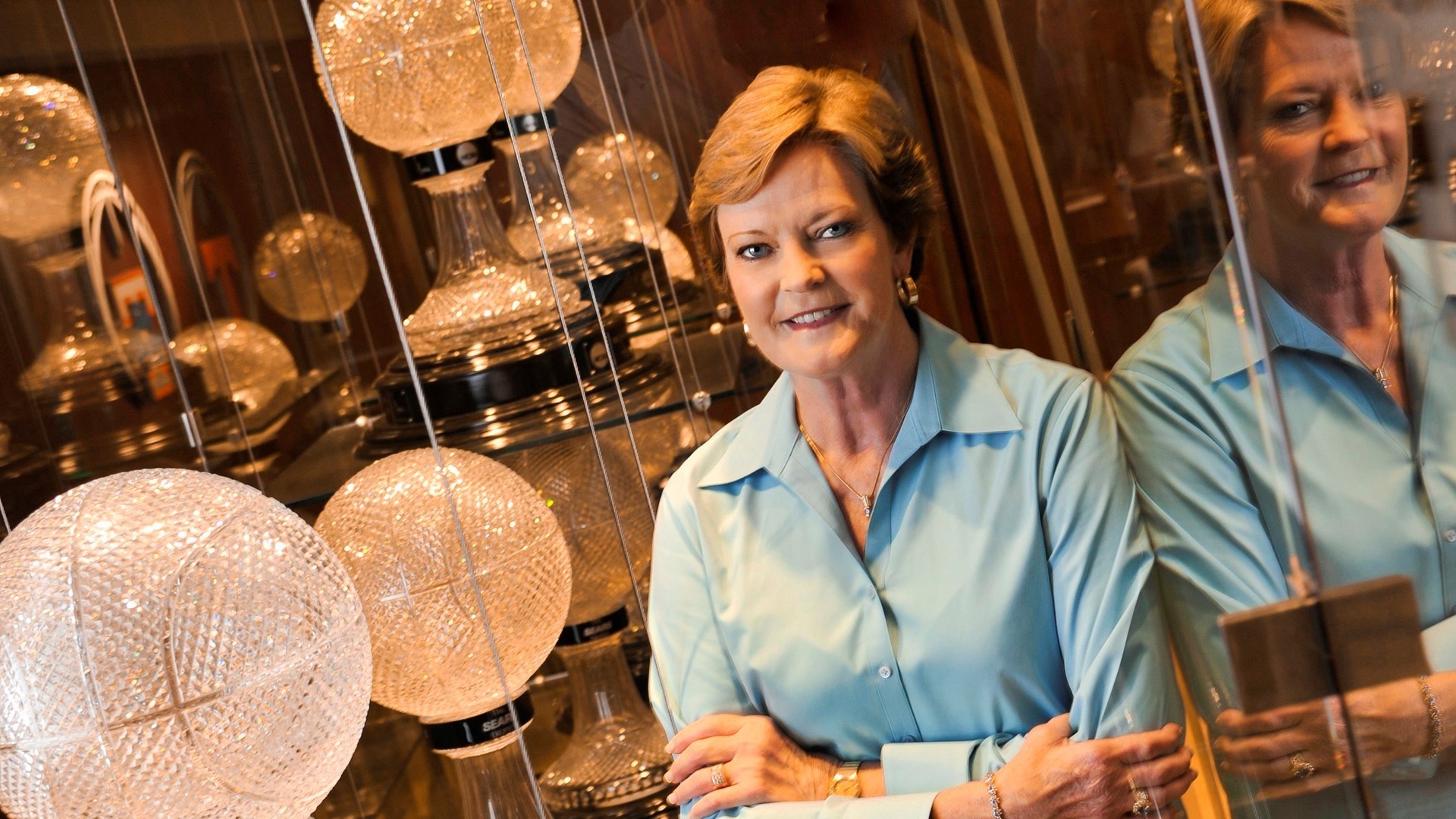I Have Dementia. Do I Have to Quit My Job?
Our jobs give us purpose. They are the source of our livelihoods. A dementia or Alzheimer’s diagnosis might seem fatal to that purpose and livelihood.
How can we work if our memories don’t anymore?
But dementia is being diagnosed earlier and earlier, before people are exhibiting obvious symptoms and before they’re anywhere near retirement age.
What can people do when they’re in their forties and fifties and have received a dementia diagnosis?
The answer is different with each case. It depends on what stage of dementia you are in, what type of job you have, and what kind of support system you have.
On August 23, 2011, women’s basketball coach Pat Summit announced she had been diagnosed with early-onset Alzheimer’s, and she intended to continue coaching that year’s season at the University of Tennessee.

I have dementia.
Her high-profile case put early-onset dementia in the spotlight, helping destigmatize the disease and proving that with the right team and protocols in place even someone with an early dementia diagnosis can continue to work.
Summit passed away in 2016, leaving a strong legacy of tenacity and hope in the face of early-onset Alzheimer’s.
Should I tell my boss about my dementia diagnosis?
Because dementia and Alzheimer’s are still largely misunderstood and stigmatized by the general public, it’s normal to hesitate in telling your employer about your diagnosis. Perhaps you’re several years from retirement and worried about losing your pension. Maybe you simply love your job. You feel like you’re losing so much else in life. You don’t want to lose that too.
Ultimately, it is your decision whether or not you tell your boss about your diagnosis. However, there are benefits to being transparent as early as possible.
First, the Americans with Disabilities Act provides protection for people with Alzheimer’s and other types of dementia in the workplace. So you shouldn’t be fired for having a diagnosis, and companies with 15 employees or more are required to make reasonable accommodations for people with mental disabilities, a category that dementia falls under. This goes for applying to new jobs as well. A potential employee should not discriminate against you based on your diagnosis.
Telling your employer will allow you to work together to make the accommodations needed for you to keep working as long as possible. These types of accommodations include:
Of course, there are some jobs that would require your quitting earlier than others. Any jobs in which you are responsible for the life of someone else, such as a job in healthcare, a bus driver or an air traffic controller, will require you to step away before your symptoms risk interfering with your job.
Jobs that require you to learn new skills or that change on a daily basis will also be difficult to maintain. As Gary Kennedy, M.D., director of the Division of Geriatric Psychiatry at Montefiore Medical Center in New York said, “Dementia is always couched as a memory disorder, but in reality it’s a learning disorder. Old memories, old habits, old patterns remain until the dementia becomes far advanced. But you cease to be able to learn new information.”
The best jobs for someone with advancing dementia are jobs that are routine and stay the same most days or jobs where you’re being supervised by someone else, such as a teaching assistant.
What to do when you do quit your job.
1. Long-term insurance
When you and your employer decide it’s time for you to step away from your job due to your diagnosis, make sure you’re familiar with long-term disability insurance. This can provide monthly income when you can no longer work due to dementia.
Your employer may provide this through their insurance, or you can get it through a private insurance policy.
It’s important to consult with a legal professional or other expert who can make sure you get the best plan possible when you apply.
2. Maintain an active brain
Just because you have to quit your job doesn’t mean you have to fully remove yourself from society or that your life as you know it is over. It’s important for those with dementia to maintain a social life and partake in activities that exercise the brain.
This is a great time to return to an old hobby or pick up a new one you’ve always wanted to try. You can join groups specifically for those with dementia who have common interests and meet up at museums, coffee shops, or to exercise. To find a group like this near you, contact your local Alzheimer’s Association chapter.
Quitting your job on your own terms
As dementia is being diagnosed earlier and earlier, many will be able to continue working after they receive a diagnosis. Just because you have dementia, doesn’t mean you must immediately quit your job and all other life activities. Talk to your employer and share your diagnosis with your colleagues. You may be surprised at the support you receive.
“As dementia is being diagnosed earlier and earlier, many will be able to continue working after they receive a diagnosis.”
— John Trevey, Founder & Owner of Barton House Memory Care
Regardless, quitting your job on your own terms after developing a timeline for yourself based on your specific diagnosis and stage of the disease is always better than being forced to quit due to your symptoms interfering with your work.
A dementia diagnosis will ultimately lead to your needing to step away from your job but know that you have options. Researching them, preparing for your future, and leaving work on your own terms and timeline is empowering and will help you leave your job with a sense of purpose and hope for your future.





